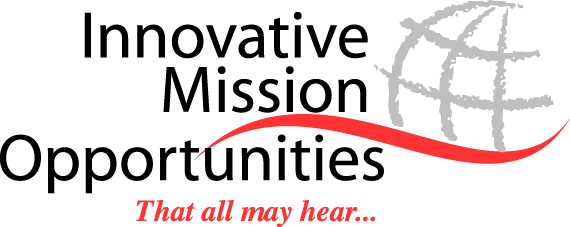Morocco

Arabic-speaking 65%
Moroccan Arab 16 million
Jebala 1.8 million
Algerian 200,000
Hassaniya 45,000
Berber (Imazighen) 34%…many dialects; 3 main languages
Tashilhayt (Ishilhayn, S. Shilha, Souss) 2.4 million
Tamazight (C. Shilha) 2 million
Tarifit (Rif) 1.3 million
Other 1%
French 80,000
Spanish 20,000
Jewish 15,000.
Literacy officially 44% (actually nearer 30%)
Official language Arabic. French and English widely used
Religion
Sunni Islam is the state religion. The government is committed to the preservation of Islam as the religion of all Moroccans. Under the present constitution, a Moroccan church of former Muslims cannot be recognized. Other religious groups are tolerated so long as their ministry is confined to expatriate communities.
Religion type: % of population Approx number
Muslim 99.85 28,178,512
Christian 0.10 28,221*
Jewish 0.05 14,110
*over 95% of Christians are not Moroccan in origin
Prayer Needs
- Pray for this nation to become open for the messengers of the Gospel…probably no more than 5% have had personal contact with the Gospel.
- Pray for stability in the government.
- Pray for great freedom for Christians.
- Pray for a Moroccan church that is emerging…for trust and fellowship, for grace, fortitude and deliverance from fear, for discipleship of new believers, for those in leadership
- Pray for the unreached people groups
- Pray for creative access by Christian groups working in Morocco
Geography
Area: 458,730 square kilometers
Located in the northwest corner of Africa, Morocco has fertile coastal areas in the north and barren Atlas mountains inland and Sahara Desert to south and southeast. There are also 252,000 square kilometers of former Spanish Sahara claimed and occupied by Morocco since 1975.
Major Cities
Rabat – capital 1,675,000
Casablanca 3,350,000
Rabat 1,675,000
Fes 900,000
Marrakech 870,000
Urbanites 51%.
Economy
Agriculture, tourism and especially phosphate mining are important foreign exchange earners. Morocco and the Western Sahara have 70% of the world’s phosphate reserves.
The cost of the Sahara war has deeply affected the economy. There is widespread poverty and high unemployment (50% for youth). Severe droughts in the 1980s and ’90s added to the difficulties. Millions of Moroccans seek work elsewhere, especially in Europe. Significant oil deposits were discovered in 2000.
